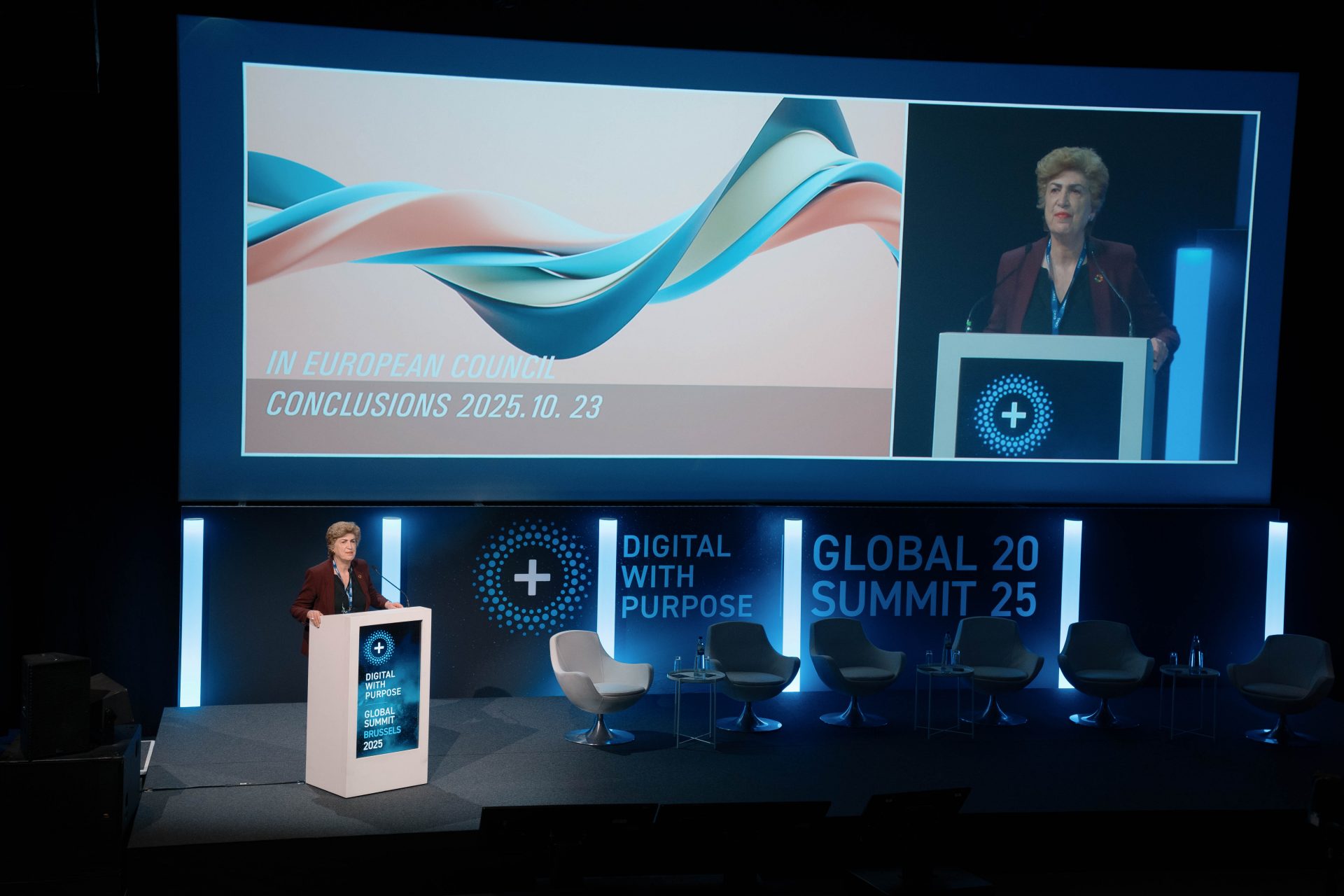Rodrigues, who pointed to an ODS pin on her jacket for emphasis, made it clear that the EU’s commitment to the
Sustainable Development Goals (SDGs) is non-negotiable, stating, “This is part of the official agenda of the European Union.” This commitment, she argued, is intrinsically linked to the “European model.” To effectively champion this model, the EU must elevate its status: “We have reached a point where we understand that in order to push for this model we need to have more geopolitical capacity and to turn the European Union not just in a market but to make it a real political entity with higher soverign capacities in different fronts.”
Despite the constraints imposed by the war of invasion in Ukraine, Rodrigues asserted that European stakeholders remain determined to press ahead: “many European stakeholders consider that, despite these constraints, we intend to go on in leading the agenda for sustainable goals, our commitment with the green transition and making the best of the digital transformation.”
While seeking sovereignty, the EU remains committed to global cooperation—“We really believe we need higher international collaboration to shape the digital transformation.” Ultimately, the core of the European approach, as articulated in the European Council’s conclusions, remains its commitment to values and regulatory autonomy. This means the Union will continue to foster “human-centric technological solutions that protect individuals and their data, and safeguard digital accountability, transparency and societal resilience.”
Rodrigues’ intervention clearly detailed the EU’s strategic and ambitious goal: to be a global digital leader whose transformation is not just fast, but fundamentally aligned with its values of sustainability, openness, and human protection.




